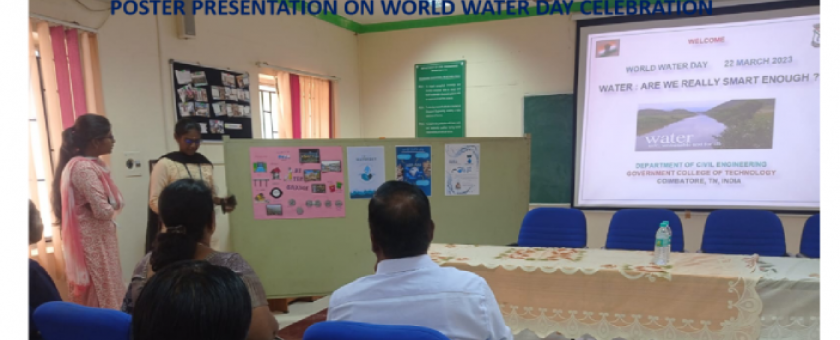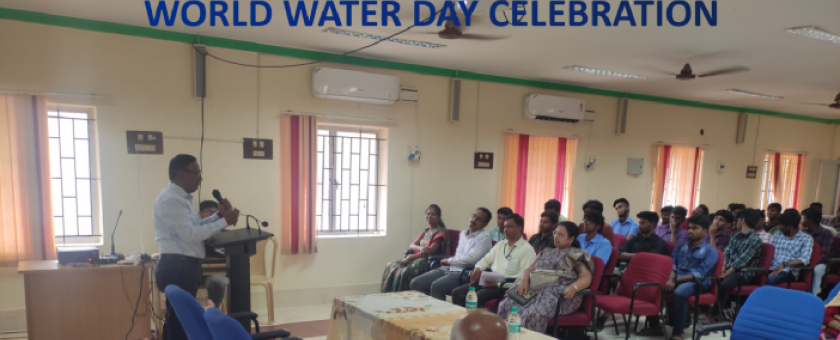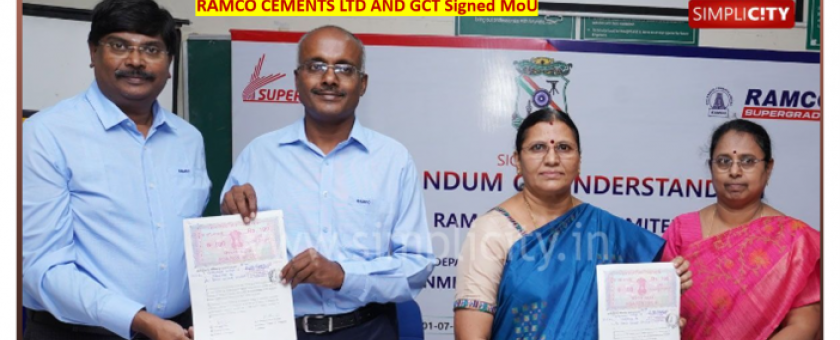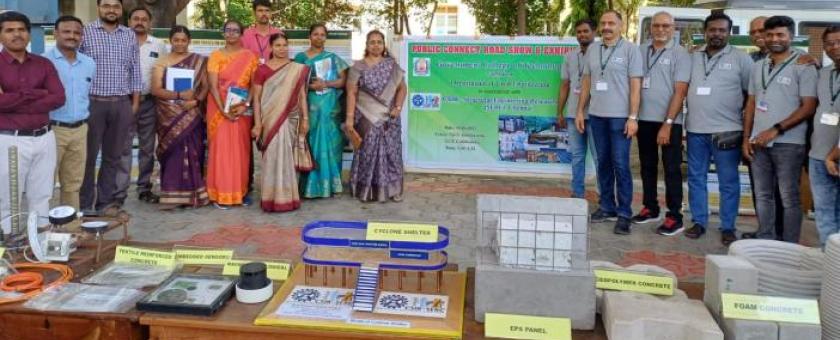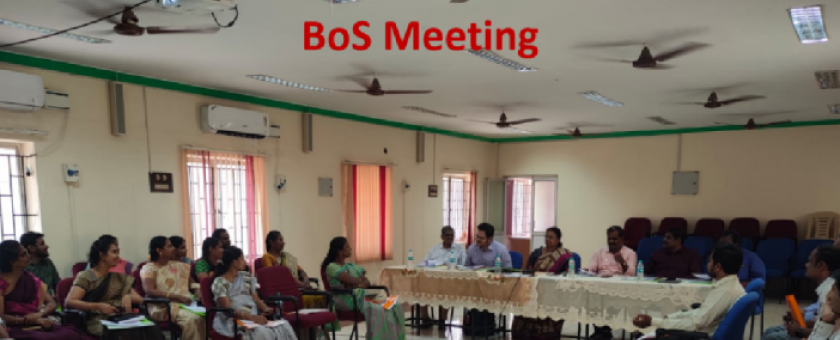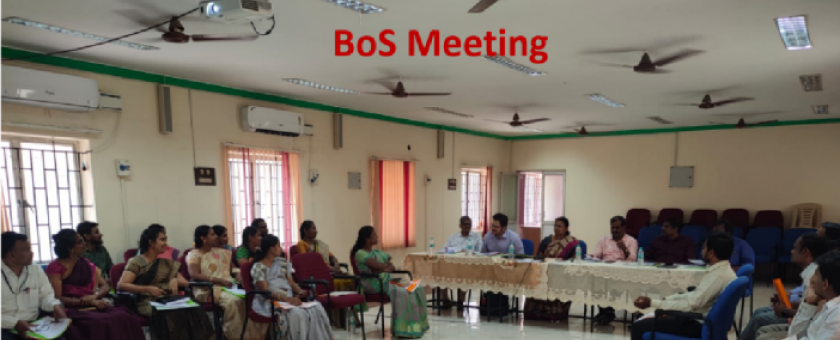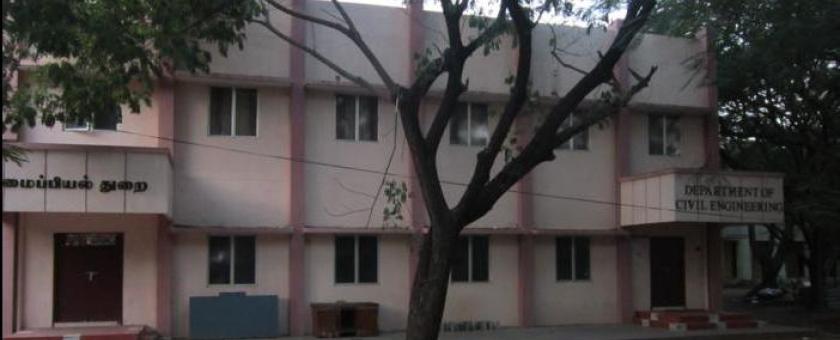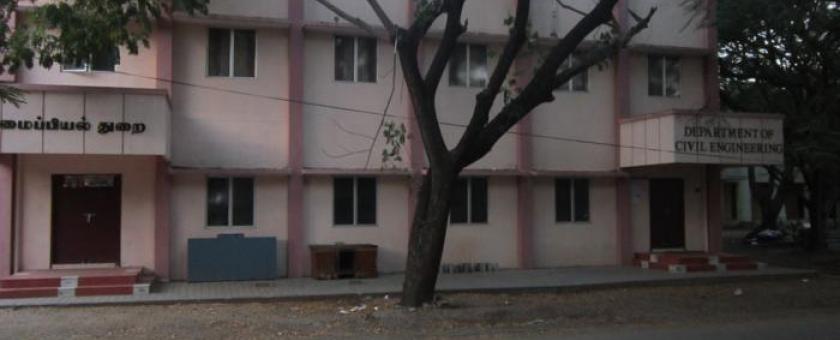PROGRAMME EDUCATIONAL OBJECTIVES (PEOs)
PEO1: Graduates will achieve a high level of technical expertise in the subjects related to Civil Engineering and also good communication skills that help them succeed in various positions.
PEO2: Graduates will have a strong understanding in Mathematics and Sciences needed for the application of Civil Engineering principles to pursue Post Graduate programmes and competitive examinations.
PEO3: Graduates will develop interest in the learning process and inculcate professional ethics, moral values, and social concern.
PROGRAM OUTCOMES (POs)
Engineering Graduates will be able to:
1. Engineering knowledge: Apply the knowledge of mathematics, science, engineering fundamentals, and an engineering specialization to the solution of complex engineering problems.
2. Problem analysis: Identify, formulate, review research literature, and analyze complex engineering problems to reach substantiated conclusions using first principles of mathematics, natural sciences, and engineering sciences.
3. Design/development of solutions: Design solutions for complex engineering problems and design system components or processes that meet specified needs with appropriate consideration for public health, safety, and cultural, societal, and environmental considerations.
4. Conduct investigations of complex problems: Use research-based knowledge and research methods, including design of experiments, analysis and interpretation of data, to provide valid conclusions.
5. Modern tool usage: Create, select, and apply appropriate techniques, resources, and modern engineering and IT tools including prediction and modeling to complex engineering activities with an understanding of limitations.
6. The engineer and society: Apply reasoning informed by contextual knowledge to assess societal, health, safety, legal, and cultural issues relevant to professional engineering practice.
7. Environment and sustainability: Understand the impact of professional engineering solutions in societal and environmental contexts and demonstrate knowledge of sustainable development.
8. Ethics: Apply ethical principles and commit to professional ethics and responsibilities in engineering practice.
9. Individual and team work: Function effectively as an individual and as a member or leader in diverse teams and multidisciplinary settings.
10. Communication: Communicate effectively on complex engineering activities with the engineering community and society, including reports, presentations, and instructions.
11. Project management and finance: Demonstrate knowledge of engineering and management principles and apply these to manage projects in multidisciplinary environments.
12. Life-long learning: Recognize the need for, and have the preparation and ability to engage in independent and life-long learning in the context of technological change.
PROGRAMME SPECIFIC OUTCOMES (PSOs)
PSO1: Graduates will be able to handle building materials and resources in a sustainable manner.
PSO2: Graduates will excel in core areas of Civil Engineering such as Structural Engineering, Environmental Engineering, Geotechnical Engineering, Water Resources Engineering, and Transportation Engineering.
PSO3: Graduates will execute excellence in solving Civil Engineering problems based on learned principles and techniques within stipulated time.
PSO4: Graduates will be able to adapt themselves according to the developments in Civil Engineering.





